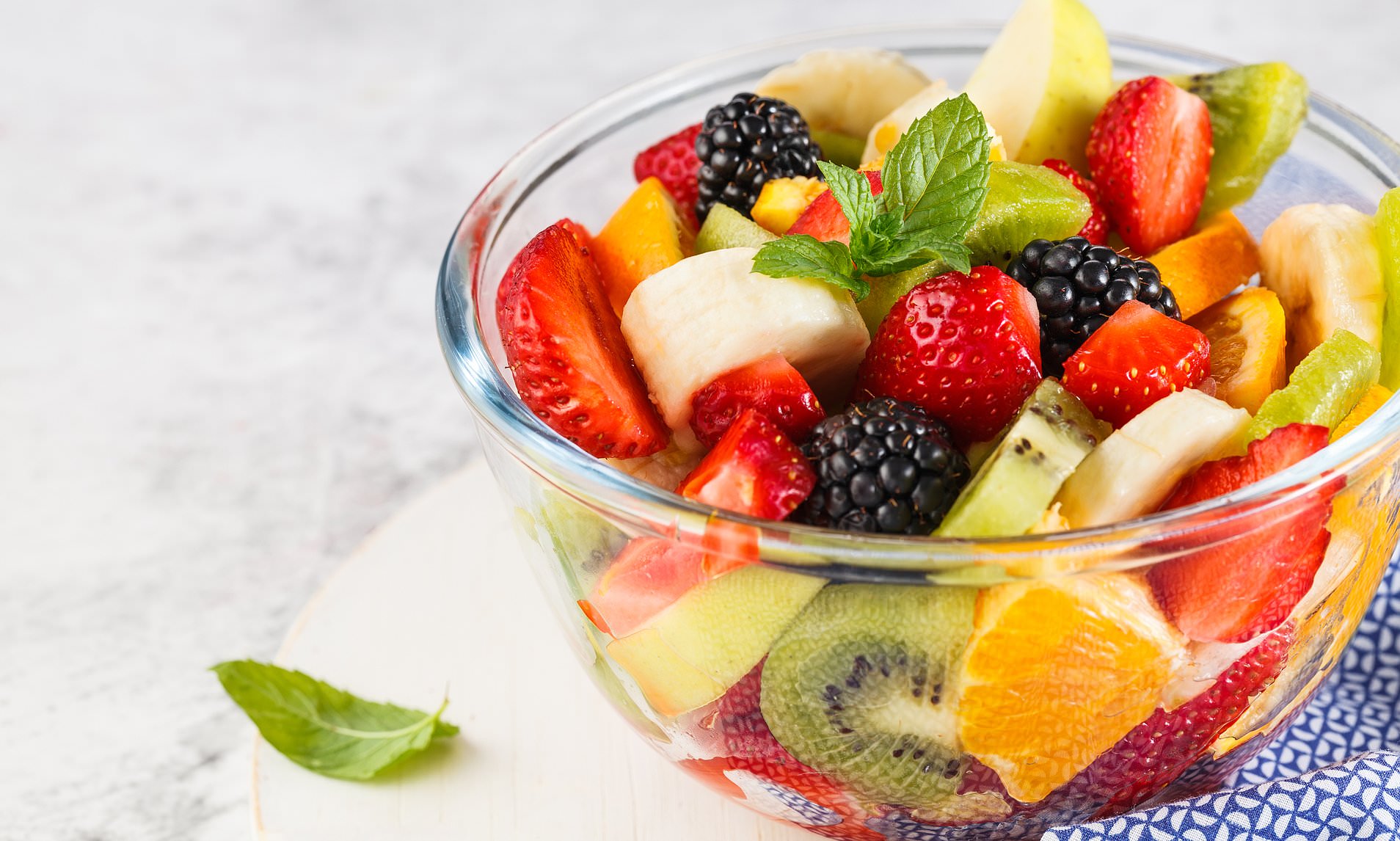
Nutritional Value of Fruits: A Dietitian's Ranking
A food expert has evaluated the nutritional value of popular fruits in Britain and ranked them accordingly. The results may surprise those who regularly enjoy certain fruits as part of their daily diet.
Nichola Ludlam-Raine, a registered dietitian and author of How Not to Eat Ultra-Processed, was tasked with assessing eighteen of Britain’s most beloved fruits, including grapes, oranges, strawberries, and pineapple. She rated each fruit on a scale of five based on its vitamin and mineral content, fiber levels, and natural sugar content.
Speaking about the importance of whole fruits, she highlighted that while they contain carbohydrates—primarily in the form of natural sugars like fructose—they also provide fiber, which helps regulate digestion and prevent blood sugar spikes. For individuals with diabetes or insulin resistance, portion control is essential, with a recommended serving size of around 80g or a handful.
Whole fruits are not equivalent to added sugars and can be a healthy addition to a balanced diet. However, some fruits should be consumed more sparingly due to their high sugar content.
The Worst Fruits According to Nutritional Standards
At the bottom of the list was melon, which received a score of just 1 out of 5. Varieties such as watermelon, cantaloupe, honeydew, and galia all fell into this category. While melons are high in vitamins C and A, they are mostly composed of water and have low overall nutritional value. They are also low in fiber, making them less beneficial compared to other fruits.
Second from the bottom was pineapple, scoring 2 out of 5. This was due to its high natural sugar content and acidic juices, which can irritate gums. Despite this, pineapple is rich in vitamin C and contains bromelain, an enzyme that may aid digestion and reduce inflammation. It also provides manganese, which supports metabolism and antioxidant function.
The Middle Ground: Fruits with Moderate Nutritional Value
Bananas and grapes both scored 3 out of 5. These fruits are popular breakfast choices, but they are high in natural sugars. Despite this, they offer health benefits such as potassium, vitamin B6, and fiber, which support heart health and provide quick energy.
The Top Fruits for Optimal Health
At the top of the list were oranges, kiwis, and berries, which received the highest score of 5 out of 5. These fruits are rich in antioxidants, vitamins, and minerals, making them excellent choices for maintaining good health. Berries, in particular, are known as nutritional powerhouses, packed with fiber, antioxidants, and essential nutrients. They have been linked to reduced inflammation, which can help prevent cellular and tissue damage.
In the middle of the rankings, with a score of 4 out of 5, were pears, apples, grapefruits, and mangoes. These fruits also offer significant health benefits and can be included in a balanced diet.
The Role of Vitamin C in Immune Health
Vitamin C-rich foods play a crucial role in supporting immune health. Earlier this year, Dr. Nadeem, a healthcare professional at Wellness Drip, emphasized the importance of consuming three key sources of vitamin C—such as oranges, kiwis, and strawberries—to reduce sick days and improve overall well-being.
"Your body cannot store vitamin C, so it needs a steady supply through your diet," he explained. "If you're frequently run down, catching colds, or taking longer to recover, a deficiency is often part of the picture."
By incorporating a variety of nutrient-dense fruits into daily meals, individuals can enhance their health and well-being. Whether it's starting the day with a bowl of berries or enjoying a slice of orange, choosing the right fruits can make a significant difference in long-term health outcomes.


Posting Komentar